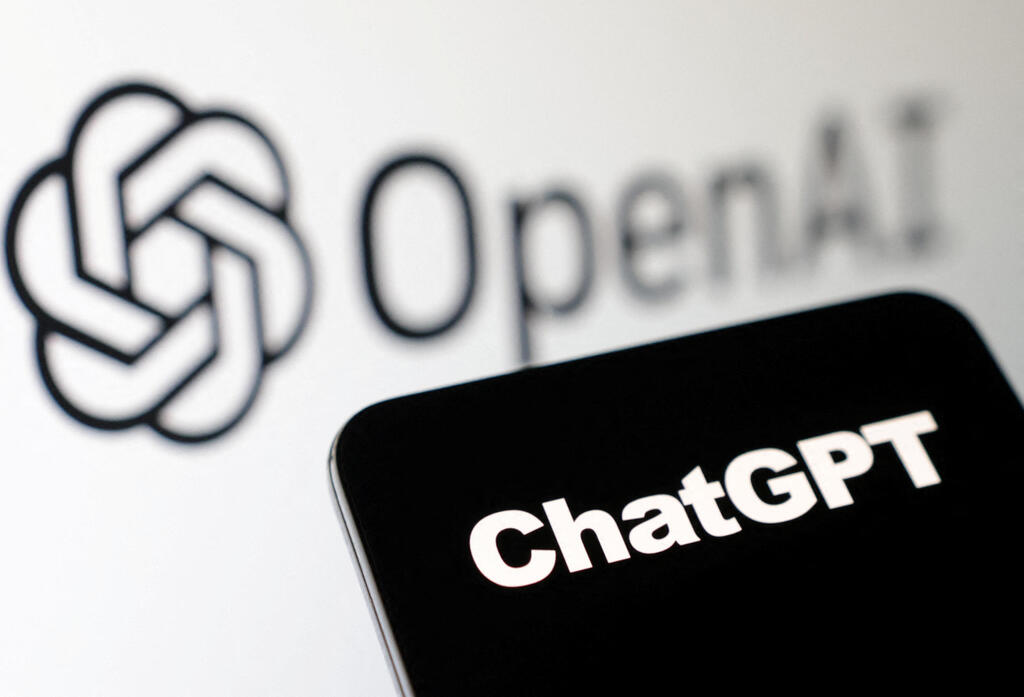While not exactly a household name, Judge Beryl Howell of the United States District Court, has certainly become a topic of whispered debates within the Musk family's inner sanctum. Recently, she wielded her gavel to slap X (formerly known as Twitter) with a hefty $350,000 fine, brushing off Elon Musk's worldwide appeals like mere dust motes.
Read more:
The charge? A calculated attempt to sweet-talk former President Donald Trump into rekindling his Twitter fingers, possibly tipping him off in advance about a search warrant that seeped into his digital musings. Now, as the legal spotlight moves about to unveil a fresh verdict, it seems like Judge Howell might be on the cusp of cultivating an entirely new set of enemies, even more formidable than the tech titan Musk himself.
Howell's ruling on Friday shattered the hopes of countless artists and students worldwide, including those in Israel. She decreed that granting copyright ownership to AI-generated artworks is implausible. This decision upheaves the endeavors of creators working with AI tools like ChatGPT and image generators such as DALL-E2, Midjourney, and Stable Diffusion.
'Challenging questions about the necessary human effort'
Last Friday, Judge Beryl Howell delivered her verdict on Dr. Stephen Thaler's legal challenge against the U.S. Copyright Office (USCO), addressing his application's rejection for a piece generated exclusively using generative artificial intelligence technology. Howell's ruling upholds USCO's decision to decline registration for an artwork where the applicant acknowledged the AI system, known as The Creativity Machine, as the source. The case is formally known as Stephen Thaler v. Shira Perlmutter and The United States Copyright Office.
Thaler submitted a motion for summary judgment in January, contending that the central question is whether "someone can register a copyright in a creative work made by an artificial intelligence." In response, the USCO filed a reply in February, accompanied by a counter-motion for summary judgment. Thaler subsequently provided reply briefs in March, and the USCO did the same in April. The USCO argued that their decision was "a well-reasoned decision based on the text of the Constitution and the Act, as well as Supreme Court and appellate decisions that uniformly support a human authorship requirement."
The judge's reasoning asserted "courts have uniformly declined to recognize copyright in works created absent any human involvement," citing cases where copyright protection was denied for celestial beings, a cultivated garden, and a monkey who took a selfie. Judge Howell summed it up by saying with one sentence: "Human authorship is a bedrock requirement of copyright".
Artists and AI users dedicating extended hours and days to their creations will undoubtedly take issue with the judge's decision and assert that the underlying creative thought and guidance provided by the AI software are just as significant, if not more, than the mere extraction of the brushstroke or pixel in this context.
The judge also recognizes this and acknowledges that humanity is "venturing into new realms of copyright" as more and more artists use artificial intelligence as a tool for anything in the toolkit, particularly in relation to creating new art. In her decision, she writes that this situation will create "challenging questions about the necessary human effort" in art for it to be recognized under copyright, pointing out that models of artificial intelligence are often trained on existing work.
Thaler plans to challenge the decision, adding to copyright-related AI lawsuits. Comedian Sarah Silverman also sued OpenAI and might do the same for ChatGPT. Content licensing negotiations shifted after a newspaper saw ChatGPT as a journalism competitor. It's uncertain if the case will proceed, impacting ChatGPT's versions and practices. If escalated, OpenAI might face fines up to $150,000 per infringement, risking the company's stability. Art or AI, the conflict unfolds.




